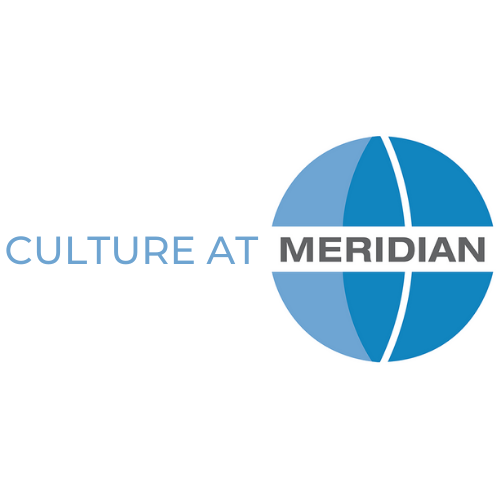Public Programs
Hearts and Minds: Jazz as a Universal Language of Diplomacy during the Cold War Panel Discussion
On February 6, 2023 Meridian hosted a panel discussion in New Orleans to delve into the surprising role jazz has played in the history of U.S. cultural diplomacy. At the height of the Cold War, jazz musicians traveled abroad to strengthen ties and rebuild relationships that had previously been strained. Supported by the U.S. government, jazz artists were able to harness a uniquely American art form to engage with international audiences through culture. This panel featured a discussion on the origin and continued importance jazz plays in U.S. cultural diplomacy. Partnering with the New Orleans Jazz Museum, this panel was moderated by Bruce “Sunpie” Barnes, veteran musician, park ranger, actor, and former NFL player. Speakers included Dr. Michael White, jazz clarinetist, bandleader, composer, jazz historian and musical educator; Dr. Joel Dinerstein, Professor of English at Tulane University; and Gwen Thompkins, New Orleans-born journalist, writer and first-year PhD student in history at Tulane University.
U.S.-France Dialogue: Harlem Renaissance and Paris Panel Discussion
On February 23, 2023 Meridian hosted a panel discussion in Harlem to examine the cross-disciplinary artistic, literary, and cultural exchange between the Harlem Renaissance and Paris during the early 20th century. Partnering with the Harlem School of the Arts, this panel was moderated by Lana Turner, Harlem-based reader, writer, thinker and researcher with a keen interest in the elements of art and style in black culture. Speakers included Eric K. Washington, New York City-based independent historian and author; Dr. George Nelson Preston, artist and scholar of African art; and Dr. Joshua Cohen, Associate Professor of Art History at The City College of New York. The event was free and open to the public.
Global Cinema Panel Discussion
On March 10, 2022 Meridian Center for Cultural Diplomacy hosted a panel discussion to explore how film has been used as a tool in public diplomacy. Film plays a vital role in the formation of opinions, positive and negative stereotypes, and cultural perceptions. In the United States, cinema has been used to influence countries towards an Americanized standard of living. Recent academia has seen a growing interest in how film has been utilized in the United States, China, India, and more. To guide the conversation forward, Meridian invited panelists specializing in various areas of global cinema to speak to how it is a vehicle for soft power. Speakers included Dr. Hye Seung Chung, a professor of film and media studies at Colorado State University, Dr. Nitin Govil, an associate professor of Cinematic Arts at the University of Southern California School of Cinematic Arts, and Dr. Laura Isabel Serna. Dr. Ross Melnick, professor of Film and Media Studies at University of California, Santa Barbara, moderated this discussion.
Mayan Discoveries Panel Discussion and Lecture
On January 27, 2022 Meridian Center for Cultural Diplomacy partnered with the Embassy of Guatemala to host a discussion on recent archaeological discoveries made by Dr. Marcello Canuto and Dr. Francisco Estrada-Belli of Tulane University and Dr. Tomás Barrientos of the Universidad de Valle de Guatemala. The archaeologists are part of a team of researchers led by Guatemala’s PACUNAM LiDAR Initiative, who recently discovered dozens of ancient, previously lost Mayan cities of more than 60,000 houses, palaces, elevated highways and other large constructions in the jungles of Guatemala. The program began with a lecture by Dr. Canuto and Dr. Estrada-Belli followed by a panel discussion with Dr. Barrientos, Dr. Sarah Parcak (University of Alabama), and Dr. John Walker (University of Central Florida), moderated by Dr. Loa Traxler (University of New Mexico). Guests included students, leading archaeologists and anthropologists, cultural heritage and museum professionals and scholars, and organizations with a focus on Central America, Pre-Columbian studies, and Mayan cultures. The program was presented in English with Spanish translation, and concluded with a Q&A session open to the audience.
Any views, findings, conclusions, or recommendations expressed in this web page do not necessarily represent those of the National Endowment for the Humanities.


